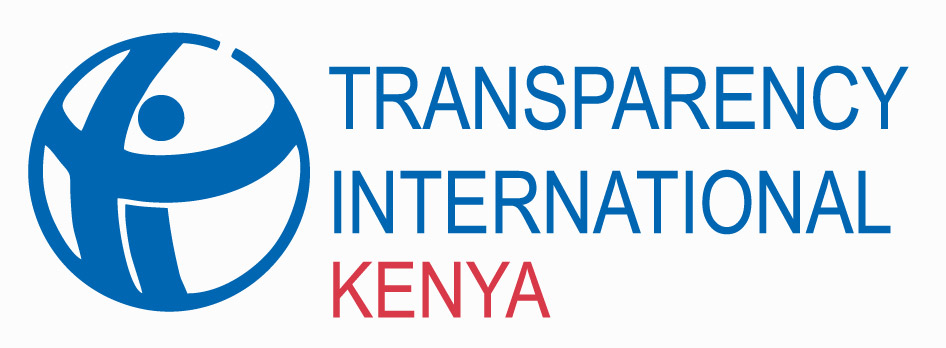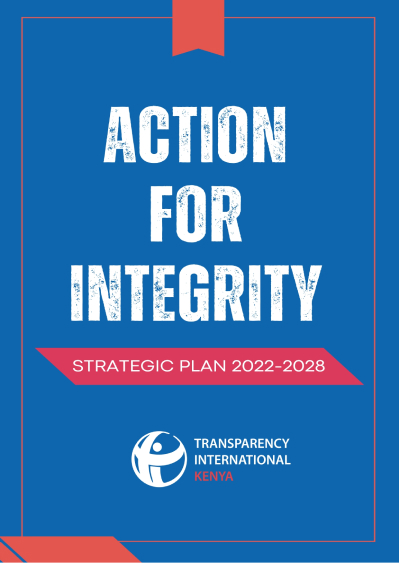By Samuel Ngei – Programme Officer, Extractives, Transparency International Kenya
The demand for metal and other minerals required for the generation of renewable energy is bound to increase in the coming years. According to Corruption Risks Assessment on the licensing process in more than 20 countries by the Transparency International Accountable Mining programme, the demand comes amid a mining environment that has been prone to corruption risks, violation of human and environmental rights, and a lack of promotion of gender-related rights. Further, as demand for critical minerals increases, the energy sector could emerge as a new source of more conflicts among communities, that have lived under conflicts driven by food insecurity, and water scarcity among others.
Kenyans went to the polls on the 9th of August 2022 to elect new leaders for the next five years. It is expected that the new regime will be cognizant of the contribution and potential of the mining sector in the country. In past regimes, the mining sector in Kenya has not been given the prominence it deserves. The contribution of the natural resources sector to the country’s GDP could be more than 10% for the mining sector as envisioned in the Medium Term Plan II of Vision 2030. This can only happen if the sector is well-tapped and managed in a transparent participatory manner.
Kenya is endowed with over 120 types of minerals classified into 7 categories as listed in the First Schedule of the Mining Act, 2016. These cuts across construction and industrial minerals such as limestone and marble; precious stones such as diamonds; precious metal such as gold; semi-precious stones such as tourmaline; base and rare metals such as copper and niobium; Fuel minerals such as coal; and gaseous minerals such as carbon dioxide. While the exploitation of such minerals could positively contribute to Kenya’s economy, their full extraction might not be certain in light of the energy transition and efforts in place to reduce emissions and impacts of climate change.
Manifesto promises on improving the extractive sector in Kenya
The Kenya Kwanza manifesto carries pertinent issues regarding the extractives and energy sectors. The manifesto has plans for a legal framework on which the fuel stabilization fund will be anchored and promote the uptake of renewable energy. Though the manifesto did not pay significant attention to the extractive sector, it promotes a “bottom-up” economic plan aimed at benefitting a majority of the population. Issues around the extractive sector are mentioned within other sections such as petroleum pricing, energy transition, and the development of electric vehicles.
The other major aspect mentioned in the manifesto is the benefit accrued to the counties and communities as stipulated in the Mining Act of 2016. Additionally, the Kenya Kwanza plan recognizes and emphasizes the importance of renewable energy which could reduce the cost of production, among others. Though the manifesto does not bring this clearly, it is a matter of great concern on the ways in which communities can optimally benefit from the extractive industry. Thus, the new government ought to be proactive in championing greater and timely benefits to
the communities from the exploitation of natural resources through prioritizing public engagement in the decision-making and management of the resources.
What the new government should do
It is prudent for the new administration to prioritize a review of the extractive industry policies and legal environment in order to provide an enabling environment for potential investors. This calls for the promotion of transparency and accountability in the decision-making making chain for the exploitation of mineral resources. Lack of disclosure of key information such as contracts and agreements between the state and the investors can only fuel mistrust between the state and its citizens. As a result, the investors will find it unattractive to invest or engage in a conflict-prone community. Gaps in the land acquisition processes and laws for mining and energy sector projects coupled with delayed disbursement of accrued benefits add salt to already injured relationships with a disenfranchised citizenry, which needs to be addressed with some level of urgency.
It is worth noting that strong non-fiscal incentives could allow for higher taxes without deterring investment. Therefore, creating an enabling environment characterized by ease of doing business, stability, and predictability, is critical in promoting resource-based development in the country.
Kenya has not committed itself to the Extractive Industry Transparency Initiative (EITI) standards. The global standard for the good governance of oil, gas, and mineral resources. If Kenya was to implement the standards, it would ensure transparency and accountability on how natural resources are governed. This would range from the issuance of mining rights to monetization of the resources to how they benefit the citizens and the economy. It is recommended that the new administration considers signing the EITI to promote transparency and accountability in the extractives industry.
Joining such global initiatives and adhering to the set principles and standards is among the means of creating an attractive environment for investors and providing a safeguard for community interests. Relevant stakeholders will be in a position to hold the state accountable for decisions made regarding the exploitation and utilization of the accrued revenues. Besides, it will go a long way in strengthening the community-government-investor trust which is key in resolving any resource-related conflicts and promoting shared responsibility and ownership of our natural resources.

